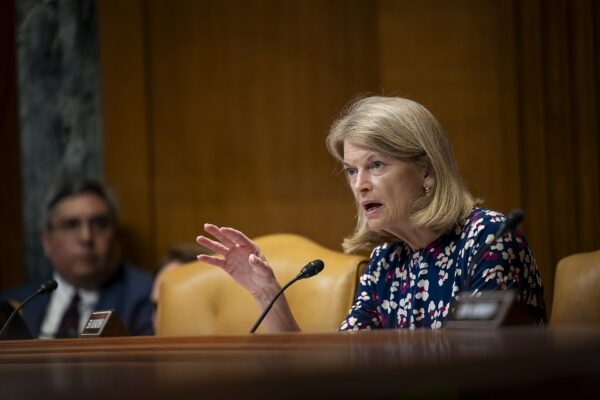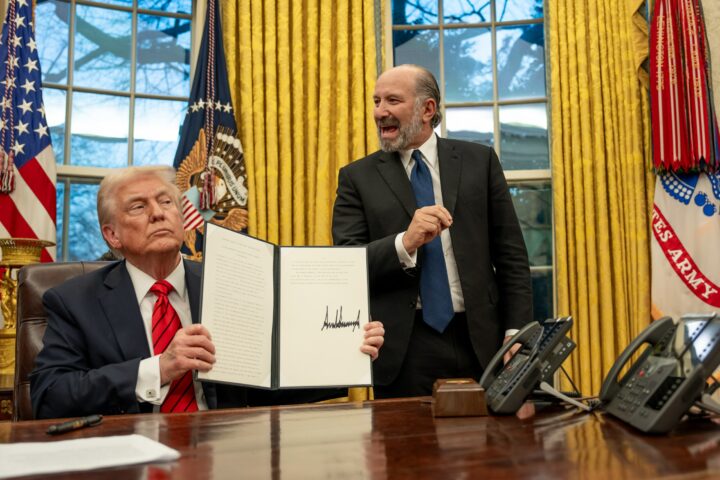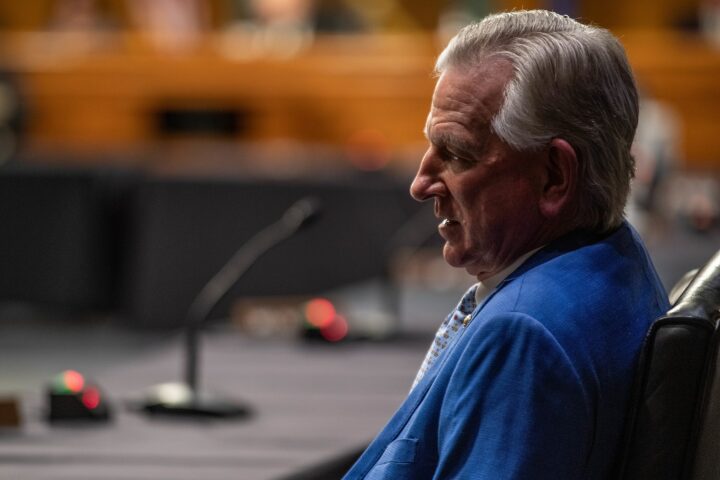Senator Lisa Murkowski of Alaska, a long-serving Republican known for her independence, has now reportedly quietly opened the door to the possibility of caucusing with Senate Democrats in the event of a 50‑50 split following the 2026 elections.
The comment, made during media interviews and as she promotes her memoir, underscores both her pragmatic approach and her growing distance from party orthodoxy.
Throughout her tenure in the Senate, Murkowski has repeatedly defied her party’s leadership—earning both praise and rebuke. She won her seat in 2004 and, after losing the 2010 Republican primary, prevailed in a historic write-in campaign.
She later joined a minority of Senate Republicans who voted to convict President Donald Trump in his second impeachment trial and opposed his Supreme Court nominee, Brett Kavanaugh—actions that have distanced her from the party’s dominant faction.
Now, on the eve of the release of her memoir Far From Home, Murkowski has confronted the question of whether she might caucus as an independent should control of the Senate be split.
Lisa Murkowski says that if the balance in the Senate goes from 53-47 back to 50-50, she's open to joining with the Democrats to give them the majority pic.twitter.com/Z3gwZfDxhO
— Breitbart News (@BreitbartNews) June 23, 2025
“Have I considered it? Yes, because I’ve been asked the question,” she admitted in a recent interview. While stopping short of renouncing her party, she described such a move as an “interesting hypothetical”—rooted in putting Alaska’s interests ahead of partisan affiliation.
Her remarks reflect not only her personal resilience but Alaska’s unique political climate. As one of the Senate’s most moderate Republicans, she occupies a rare space—balancing fiscal conservatism and energy development with environmental responsibility and a commitment to institutional safeguards.
Murkowski has also criticized timelines imposed by legislative leaders and the White House, describing a July 4 deadline for passing sprawling tax and spending packages as “arbitrary.”
She argues that policy should lead, not calendar deadlines.
In her memoir, Murkowski revisits key moments—from her underdog 2010 victory and her impeachment votes to decisions on reproductive rights and energy policy.
She recounts both late‑night strategy sessions in the Senate and quieter, personal interludes, such as cooking halibut for interns and discussing family history.
Supporters view her openness as an opportunity to recalibrate a Senate marked by rising polarization. Critics within her party worry it signals abandonment.
As political tides shift and the next election looms, Murkowski’s comments add a fresh layer of uncertainty to an already fraught political atmosphere.
[READ MORE: Majorie Taylor Greene Claims Trump Broke Campaign Promise With Attack on Iran]








